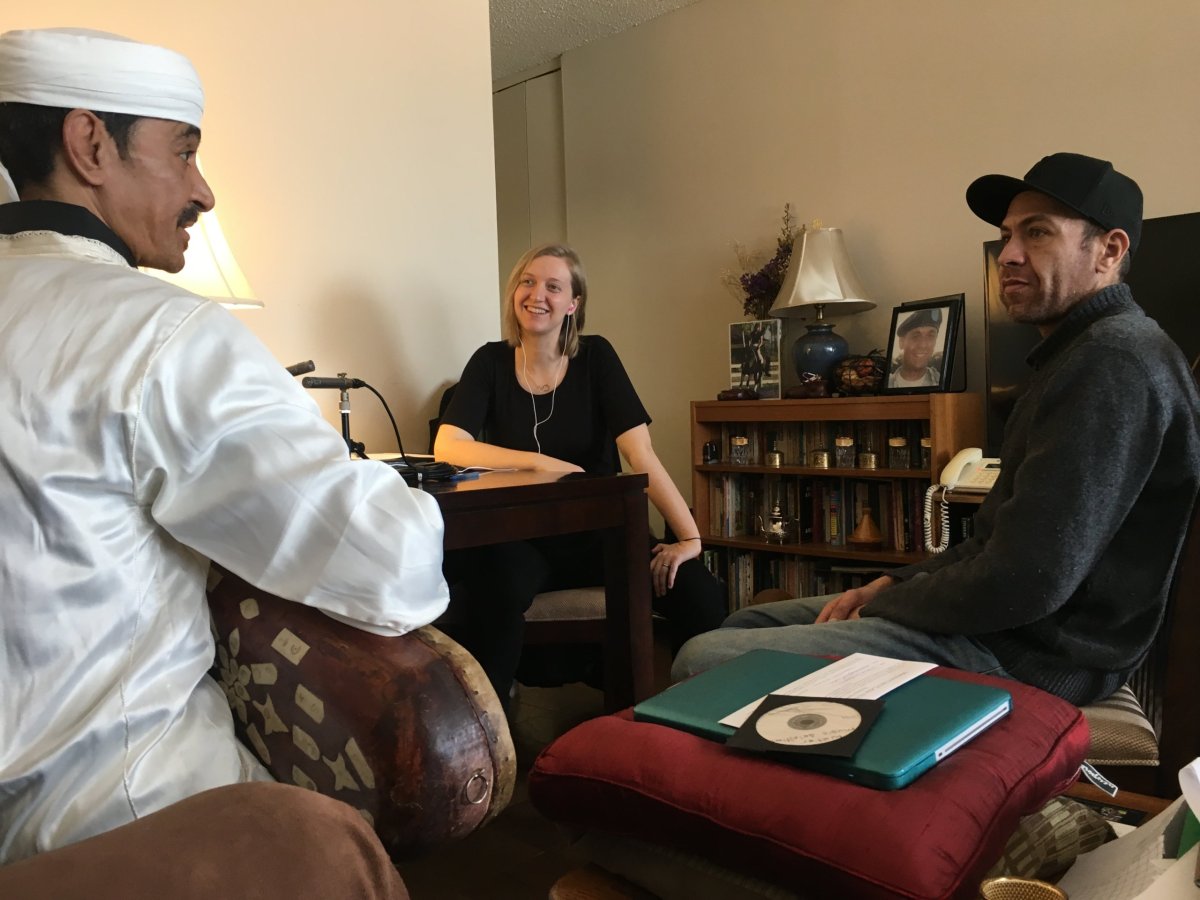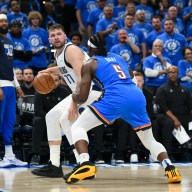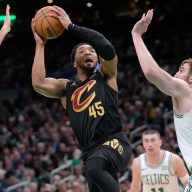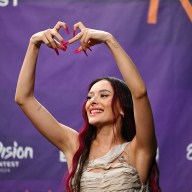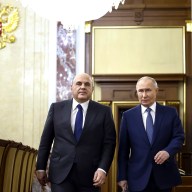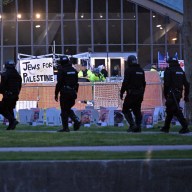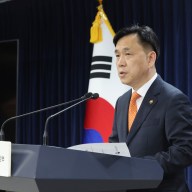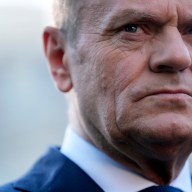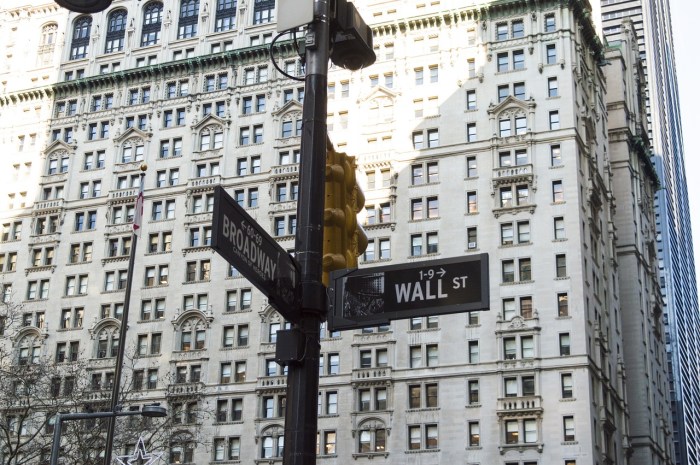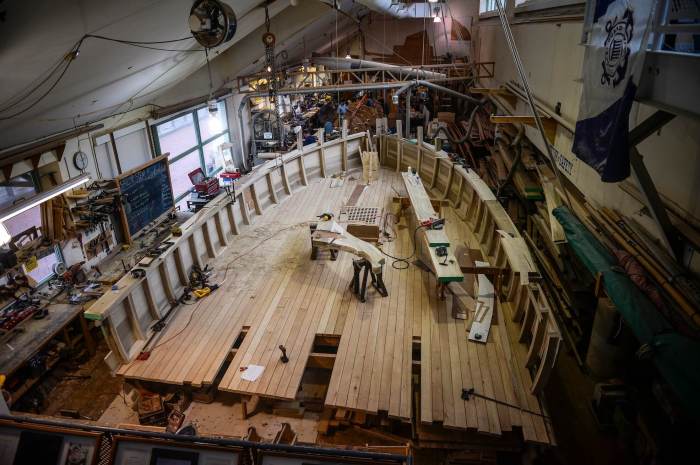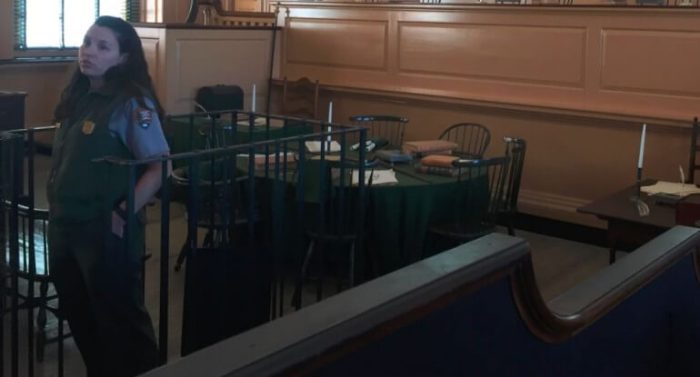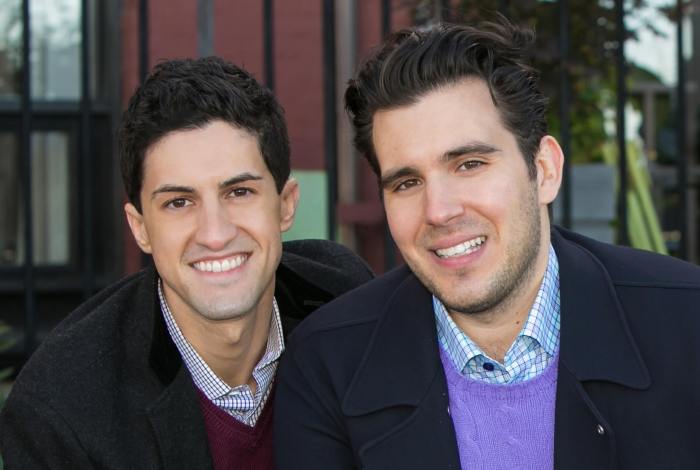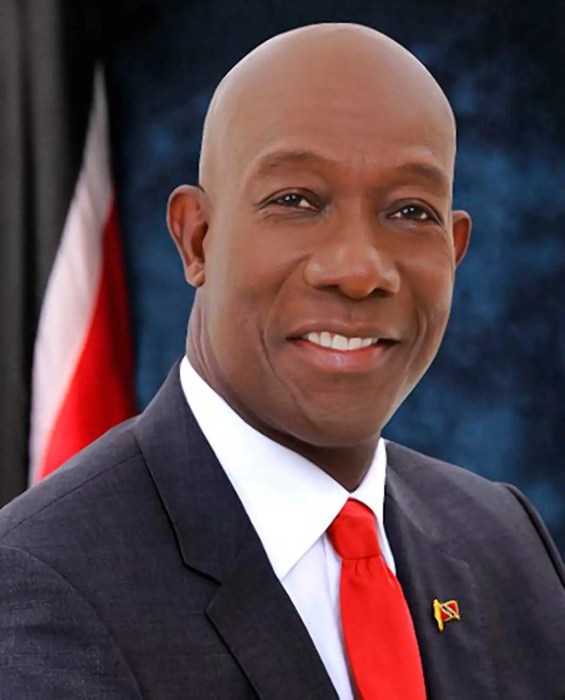If you asked a New Yorker what a Brooklynite looks like, they could give you a million different answers. The same goes for the question of what a Muslim in Brooklyn looks like, and the Brooklyn Historical Society has multiple examples at the ready.
A new oral history called Muslims in Brooklyn is shedding light on one often-overlooked community, revealing how it’s as diverse as the entire borough itself.
“Brooklyn has played such a significant role in so many important stories of Muslims in America” said Zaheer Ali, Muslims in Brooklyn project director. “One of oldest continuous Muslim communities in the United States is in Brooklyn. One of oldest mosques in the country was founded in Williamsburg.”
There’s so much Muslim history here already, Ali added, that it was easy to put this project together. But Ali’s effort doesn’t try to fit this community into one box. More than 50 people, ranging in age from 24 to 74, were interviewed for the project.
“There is no one single profile — national, ethnic, racial — that you could say, ‘This is what a Muslim looks like,” he said. “The attempts [so far] to profile Muslims, I think, is confounded by the reality of who Muslims are, where they come from and the diversity of people that these communities contain.”
Though there’s some talk about experiencing hate crimes as a Muslim in America (hate crimes are on the rise in New York City and anti-Muslim incidents and Islamophobia are up across the country), that’s far from the only narrative. At its core, the Brooklyn Historical Society project is just about being human.
“The experiences of Muslims are unique but not exceptional,” Ali said. Within the oral history project, “you hear stories of childhood, growing up, teenage fights with parents, dreams of the future, regrets of the past — all of things that are part of human experience become much more central as you listen to these interviews.”

Left: Zaheer Ali, oral historian at Brooklyn Historical Society (Photo by Maggie Shannon). Right: Moustafa Bayoumi, author of How Does It Feel To Be A Problem?: Being Young and Arab in America (Photo courtesy of Moustafa Bayoumi).
Moustafa Bayoumi, a teacher at Brooklyn College, is one of the narrators for the Brooklyn Historical Society project. He’s lived in Brooklyn nearly 20 years after growing up in Canada and talked about his personal migration story. He also touched on his experience with internet fame after one of his tweets from during a 2016 presidential debate went viral.
But Bayoumi said his stories are no more important than the others. The project is about the collective experience of hearing all these different tales.
“I think the value of the project is not only in my contribution but the fact that there are so many different contributions from different elements of the community, or communities, because there are so many different parts of the larger Muslim community,” he said. “It’s really part of our shared American history.”
Brooklyn Historical Society ‘Muslims in Brooklyn’ project just the beginning
Though it took about a year to do all the interviews, the debut of Muslims in Brooklyn is just a first step, Ali said.
The oral interviews will become a permanent archive at the Brooklyn Historical Society, cementing these stories in history and filling a gap Ali noticed when he was researching the history of Islam in America and New York City in particular.
“As an institution, we are saying this is a long term commitment to represent and understand and acknowledge and affirm that Muslims are integral,” he said, “not just to life in Brooklyn, but integral to the archives.”

Muslim woman in Brooklyn making her Salat (prayer), 2007. Photo: Chester Higgins Jr.
The oral histories will be available on site and online at brooklynhistory.org/muslimsinbrooklyn_oralhistories. Based on these oral histories, the Brooklyn Historical Society is developing a K – 12 curriculum for New York Public Schools for fall 2019 and also a series of public programs throughout the year.
Ali hopes the archives open people’s eyes to the long history of Muslims in Brooklyn and how the community has both shaped life in the borough and also been shaped by their surroundings.
“We hope more than anything that their curiosity is inspired, that they come away realizing how much more there is to know,” he said. “…Appreciating that behind each face is not just one story but many stories, and I think that that is an opening to building the kind of empathy that we need in order to get through these times.”

